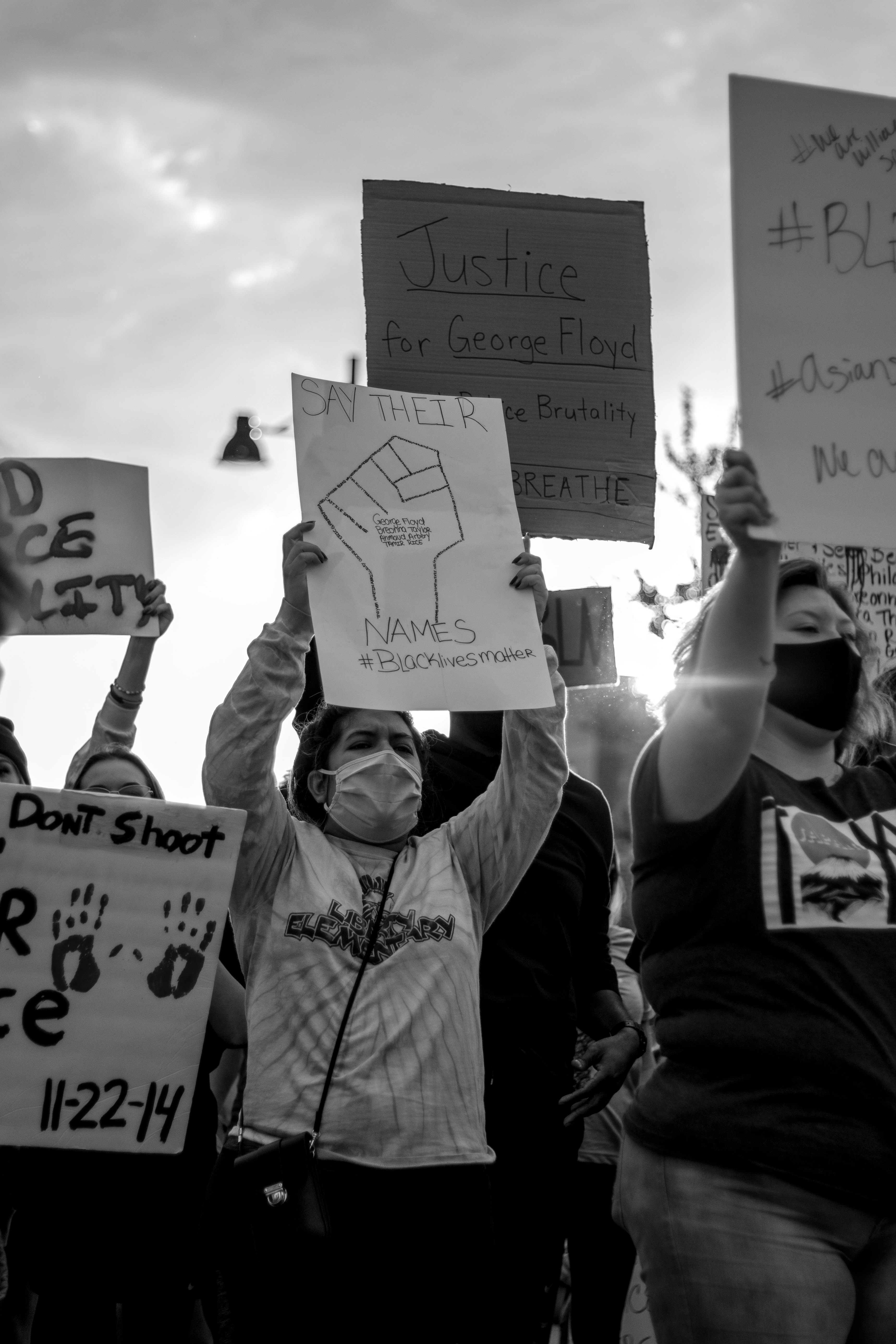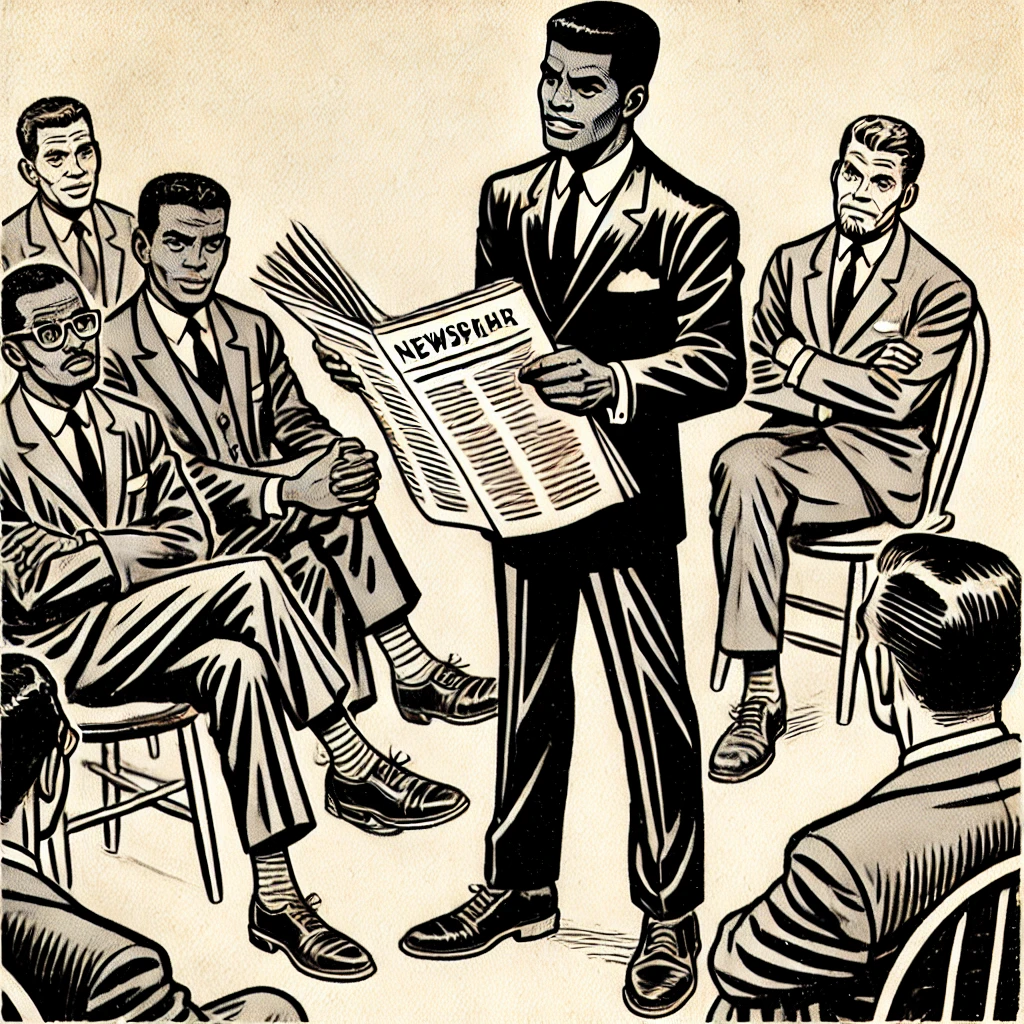The Unyielding Legacy of Ida B. Wells: A Crusader for Justice

Introduction to Ida B. Wells Ida B. Wells was a pioneering African American journalist, educator, and a staunch civil rights activist whose work has left an indelible mark on American history. Born on July 16, 1862, in Holly Springs, Mississippi, Wells emerged from a tumultuous socio-political landscape characterized by the aftermath of the Civil War and rampant racial discrimination. The daughter of former slaves, Wells was the eldest of eight children. Her parents, Elizabeth and James Wells, instilled in her a strong sense of justice and resilience, qualities that would define her lifelong mission to combat racial injustices. Wells’s early life was profoundly shaped by the systemic racism and violence she witnessed in the Mississippi Delta. The assassination of her father during a white mob attack and her mother’s subsequent passing from sickness left young Ida to support her siblings at the tender age of sixteen. This harsh reality became a crucial catalyst for her activism, motivating her to pursue education and eventually embark on a career in journalism. Wells attended Rust College in Holly Springs, where her education laid the foundation for her future endeavors. During the late 19th century, when Jim Crow laws institutionalized racial segregation, Wells used her platform to address the urgent matters of her time. The rampant lynching of African Americans stirred her to action, and she began documenting these heinous acts through investigative reporting. Her courage to speak out against injustice against her community, particularly in her famous pamphlet, “Southern Horrors: Lynch Law in All Its Phases,” established her as a formidable voice in the struggle for civil rights. Wells’s relentless dedication not only amplified the plight of African Americans but also placed her at the forefront of the early civil rights movement, solidifying her legacy as a crucial figure in the fight for justice and equality. Through her work, she challenged the dominant narratives of her time, making significant contributions to journalism and civil rights advocacy. The Early Years: Education and Personal Life Ida B. Wells was born on July 16, 1862, in Holly Springs, Mississippi, during a tumultuous period in American history. Her family had a profound impact on her values and work ethic. Both her parents were active in the struggle for education and civil rights, which instilled in Wells a sense of responsibility from a young age. Her father, a carpenter and a member of the Freedmen’s Aid Society, emphasized the importance of education, while her mother, a former slave, was a teacher who nurtured a love for learning in her children. Tragedy struck early in Wells’ life when she lost both of her parents to yellow fever in 1878. At just sixteen, she assumed the responsibility of raising her younger siblings, which thrust her into a position of leadership and instilled a strong sense of resilience. Her experiences with loss also deepened her understanding of the struggles faced by African Americans, particularly women, in a society rife with racial prejudice. This early exposure to injustice would later shape her commitment to activism. Despite the challenges she encountered, Wells recognized the importance of education as a means of empowerment. She attended Rust College but was expelled due to her outspoken nature. This setback did not deter her; instead, it fueled her desire to advocate for civil rights. Her early experiences with systemic racism and societal limitations ignited a fire within her, pushing her toward journalism and social activism. These formative years not only provided the foundation for her subsequent work but also highlighted the vital role of education and personal resolve in the fight for justice. Journalism as Activism: The Power of the Pen Ida B. Wells firmly believed that journalism could be a powerful tool for social change and justice. As an astute journalist, she employed her writing skills not just to report facts, but to advocate for the disenfranchised and to challenge the pervasive injustices of her time. In 1889, she co-founded a newspaper named The Memphis Free Speech, which would become a platform for voicing the grievances of African Americans in the South. This initiative marked a significant turning point in her career, as it allowed her to reach a broader audience and influence public opinion through the written word. Wells’s most notable work centered around her fearless reporting on the lynching epidemic that plagued the American South. By meticulously documenting the circumstances surrounding these brutal acts of violence, she was able to shed light on the realities faced by Black individuals and communities. In her publications, she exposed the often unfounded accusations used to justify lynching and highlighted the complicity of law enforcement and local governments in these heinous crimes. This investigative journalism not only provided evidence of racial terror but also questioned the broader social norms and systems that allowed such injustices to persist. The impact of her reporting extended beyond mere documentation. Wells’s journalistic efforts ignited a national conversation on race, violence, and justice, illustrating the power of the pen as an agent for change. Through her relentless pursuit of truth, she inspired many to recognize and address the systemic racism embedded within American society. Wells’s activism through journalism laid the groundwork for future civil rights movements and remains a pertinent example of how one individual can challenge the status quo through informed writing and courageous reporting. The Lynching Crisis: A Call for Justice The lynching crisis that erupted in America during the late 19th and early 20th centuries represented one of the darkest chapters in the nation’s history. This heinous form of racial violence was predominantly aimed at African Americans and served as a tool of oppression and terror. Ida B. Wells emerged as a passionate and fearless advocate against this grotesque injustice. Her investigative work and her writings brought much-needed attention to the widespread occurrence of lynching, which was often cloaked in a veneer of legality and social acceptance. <p.wells 1892.="" a="" accusations="" african="" against="" all="" american="" and="" as="" black="" brutally="" by="" calvin="" cases="" cases,="" catalyst="" contradicted="" criminality="" deserving="" details="" documented=""
